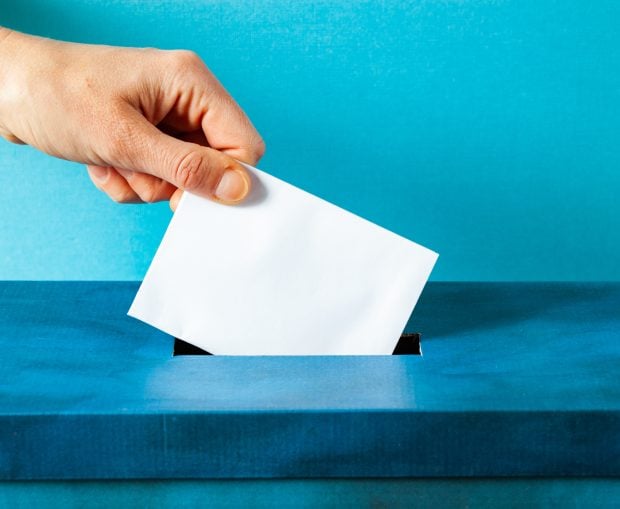 Credit/AdobeStock
Credit/AdobeStock
Virginia Credit Union members are voting on whether to change to a federal charter after losing a fight with state bureaucrats worthy of a Franz Kafka novel.
And, yes, bankers were involved. More on that later.
Recommended For You
VACU announced the plan Aug. 24 with President/CEO Chris Shockley urging members to vote for the charter change. Voting ends at 4 p.m. Sept. 21. If approved by members and the NCUA, the credit union expects to convert to a federal charter in 2024.
"Virginia Credit Union (VACU) is wholeheartedly committed to the members and the communities we serve, and by converting to a federally chartered credit union we will gain more opportunities to provide competitive value and exceptional service to even more members and communities in Virginia," Shockley said.
VACU's page on its website explaining the proposal said "changing to a federal charter will simplify our regulatory environment and allow us to operate under one set of rules instead of two. We are currently regulated by Virginia's Bureau of Financial Institutions (BFI) and by the National Credit Union Administration (NCUA). Being solely regulated by NCUA will be less complex and will expand the opportunities for VACU to offer new services and welcome new member groups."
The vote came a year after Virginia's State Corporation Commission blocked an attempt by The Medical Society of Virginia to become a membership segment of Virginia Credit Union. The issue hinged on a judicious comprehension of the difference between the words "can" and "should." Like, yes, your 13-year-old "can" scale a 60-foot cliff without ropes, but your judgment says he "should not."
The state's law said that credit unions can't add a segment of more than 3,000 potential members unless "the Commission finds that the formation of a separate credit union by a group desiring such services is not practicable, or is not consistent with reasonable safety-and-soundness standards."
So the Medical Society, which has about 10,000 members, was forced to pay real money to professionals to tell the commissioners that, yes, while it had net assets of $3.51 million, and yes, while conceivably that amount would just about enough to start a credit union that might have assets of $35 million, the Medical Society of Virginia did not think it "should" do so by liquidating its reserves.
"The necessary startup capital would require the donation of nearly all of MSV's available assets … leaving little to nothing for MSV's ongoing operations or capital needs, to say nothing of the Hypothetical MSV Credit Union's future needs," a lawyer for the Medical Society wrote.
The initial challenge to adding the Medical Society as a member segment came in 2019 from a group of banks led by the Virginia Bankers Association. The bankers were generous enough to invest whatever it costs in such circumstances to advise the Medical Society on the ease of starting a credit union of their own.
"It is hard to see why MSV (or any group) would even begin to evaluate starting a new credit union if they can so easily join an existing one," the bankers' lawyer wrote.
© Touchpoint Markets, All Rights Reserved. Request academic re-use from www.copyright.com. All other uses, submit a request to [email protected]. For more inforrmation visit Asset & Logo Licensing.







